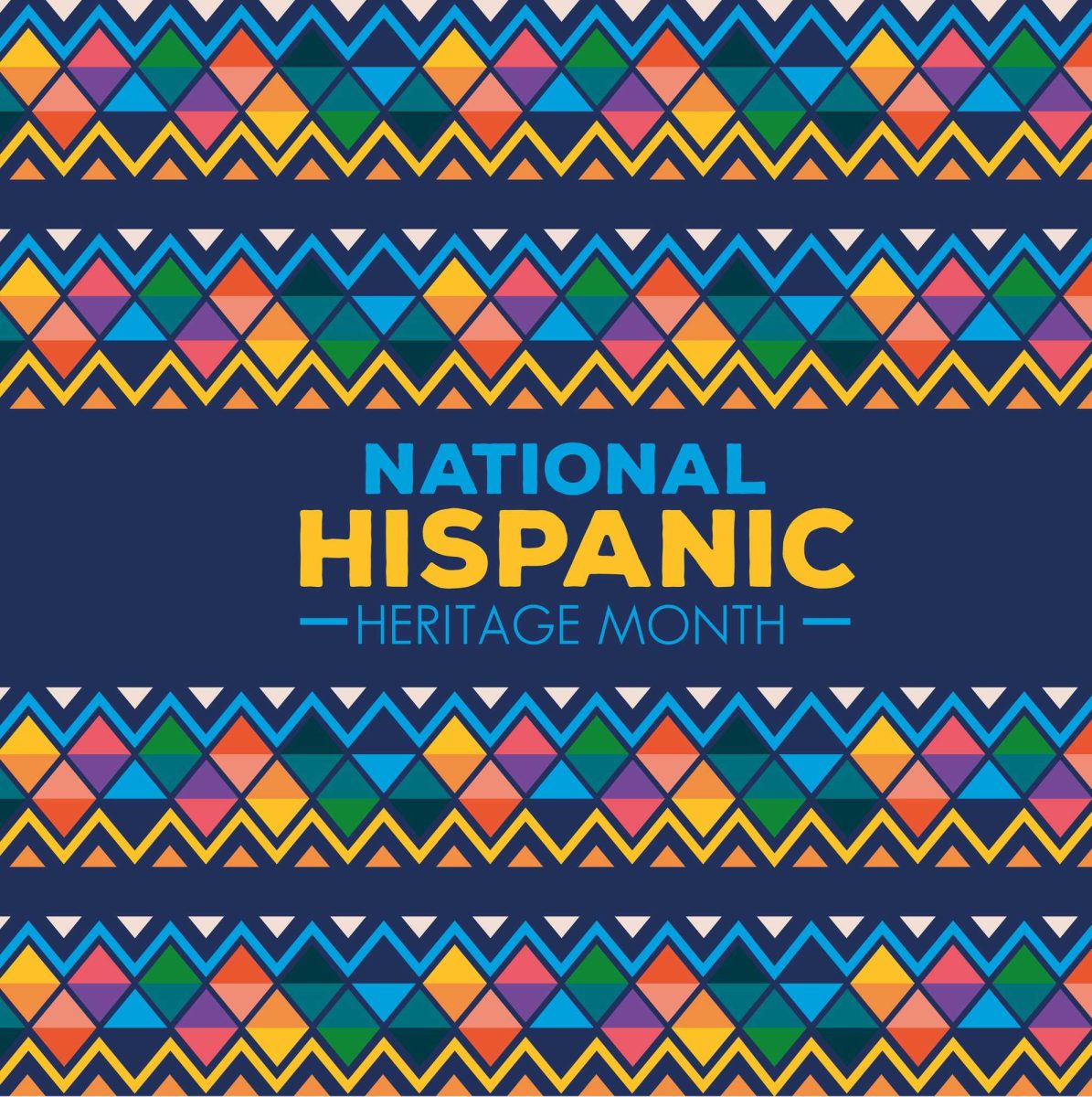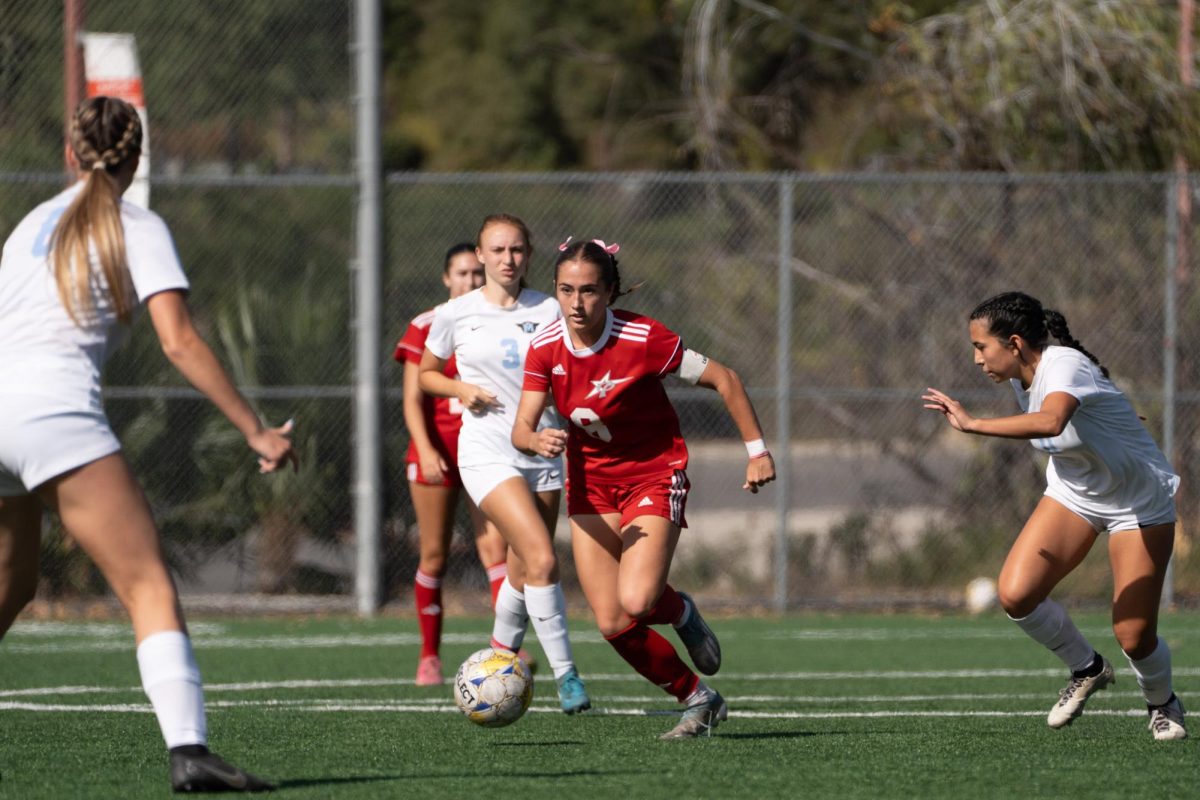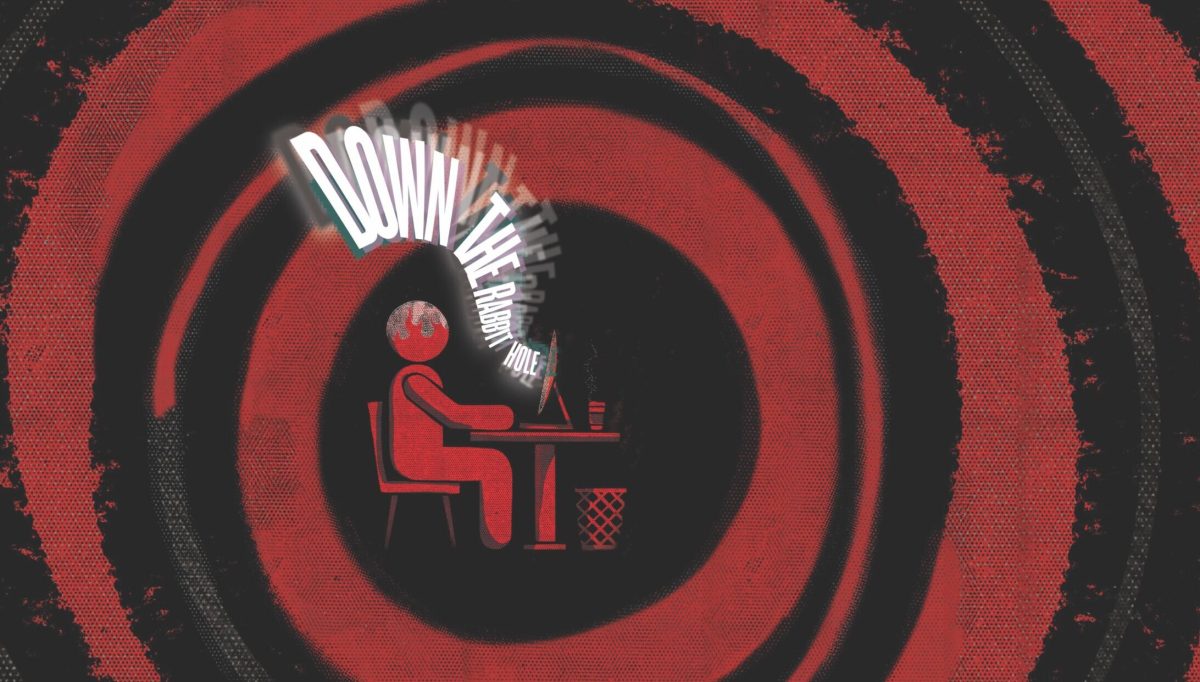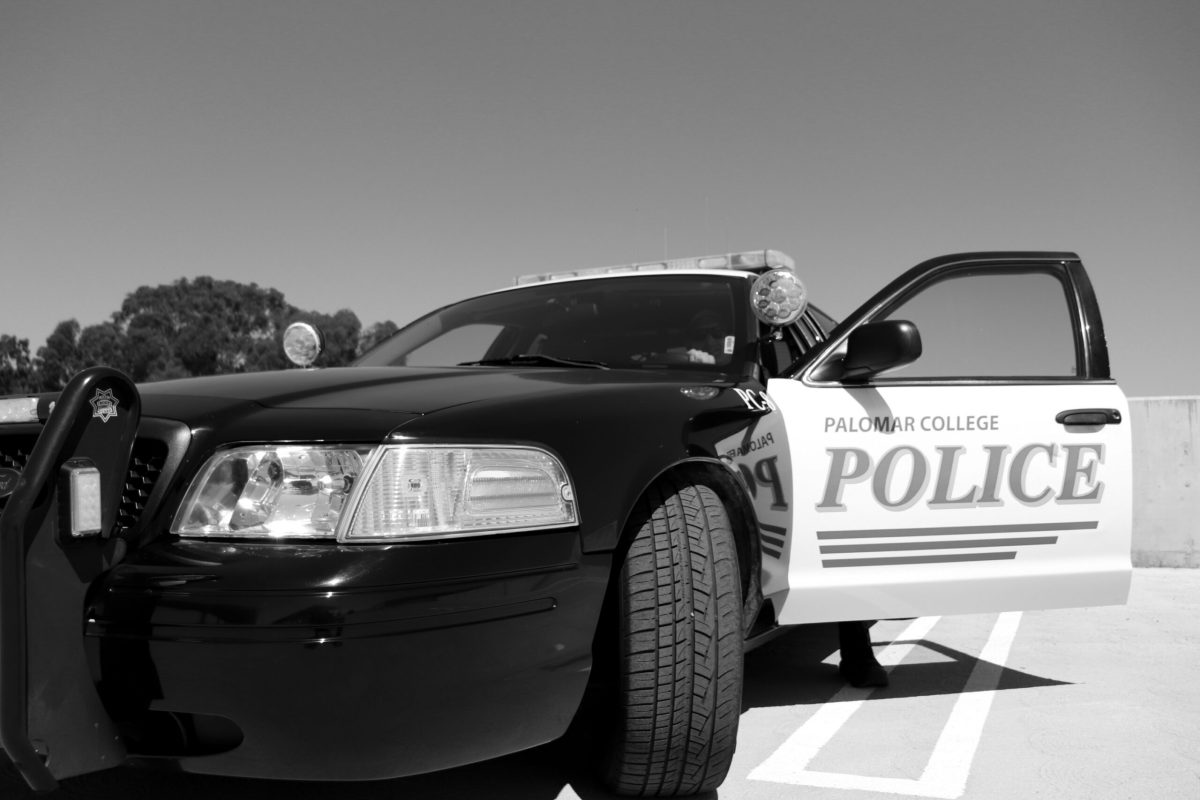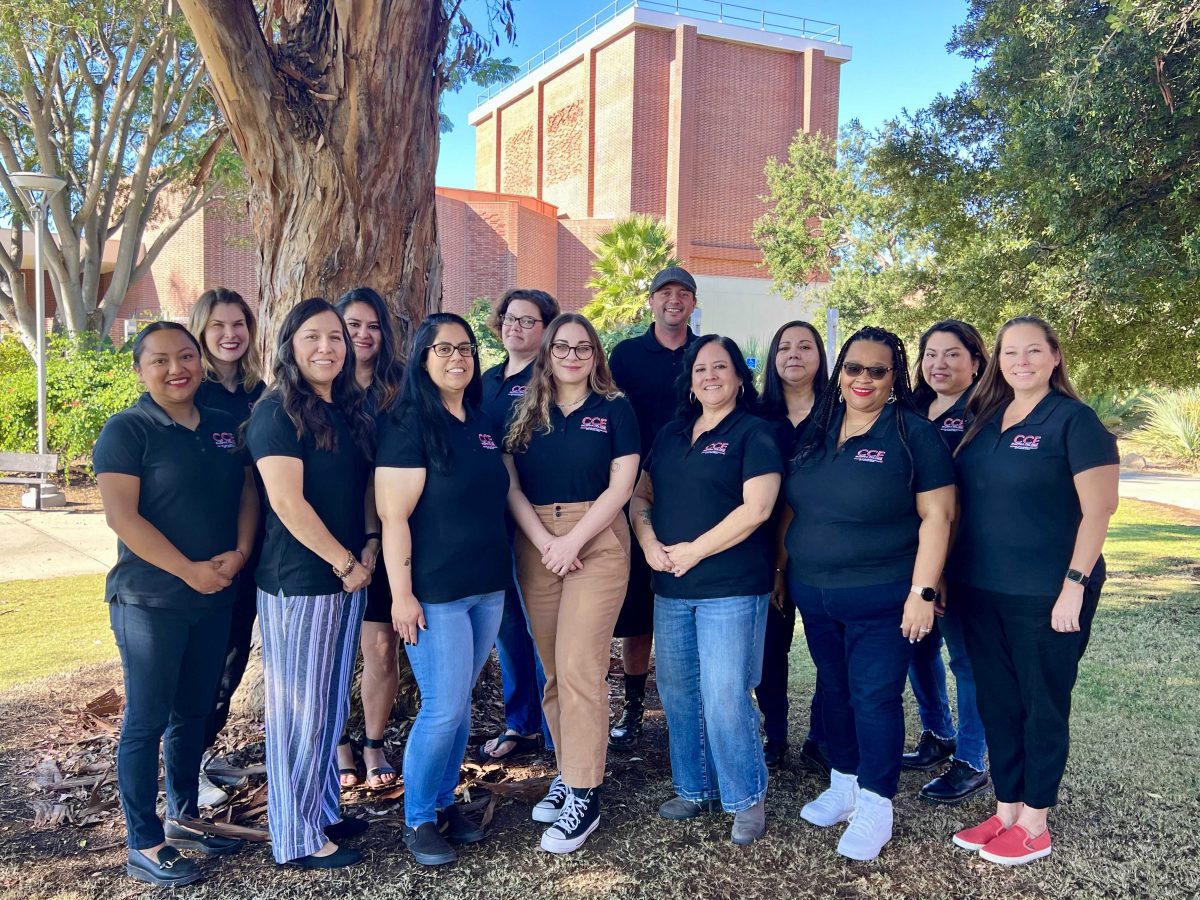A Palomar college student was hospitalized with meningococcal bacteria on Oct.19 and is reported to be recovering . The student was on campus once in the last three weeks, officials said.
The San Diego Department of Health and Human Services Agency has contacted people associated with the student and they are receiving antibiotics as a precautionary measure.
Even though this is not related to the recent case of meningitis at San Diego State University, officials are attempting to determine if the student from Palomar has the same strain, Type B meningococcal meningitis.
Meningococcal bacteria are spread through exchange of respiratory and throat secretions. That would include sharing a cigarette, kissing or drinking from the same glass.
It is recommended by the CDC that all first-year college students get vaccinated. If a student received the vaccine before age 16 they recommend getting a booster. This immunization can be obtained from your family doctor. The Vista Community Clinic offers this vaccination free to students and military.
According to the CDC, the most common symptoms include fever, intense headache, flu-like symptoms, stiff neck or rash. Other symptoms may include nausea, vomiting, sensitivity to light or confusion. It is important to call your doctor with any of these symptoms so treatment can be started right away.
Officials said being cautious is important all the time, but especially now. It is advisable not to share food or utensils, beverages, or cigarettes. Be sure to wash your hands often and cover your cough or sneeze. If you’re in doubt about anything call the campus Health Center.
According to the Public Health Department there have been seven cases of meningococcal disease reported for 2014; much lower than the 16 cases reported for last year. On the average there are 11 cases each year.
Those at risk for contracting meningococcal bacteria are people in the same household, roommates, or those in direct contact with an infected person or where large groups of people gather.
For the students seeking more information you can visit www.sdiz.org or www.cdc.gov or call the Health Center at 760-744-1150 x2380.




















